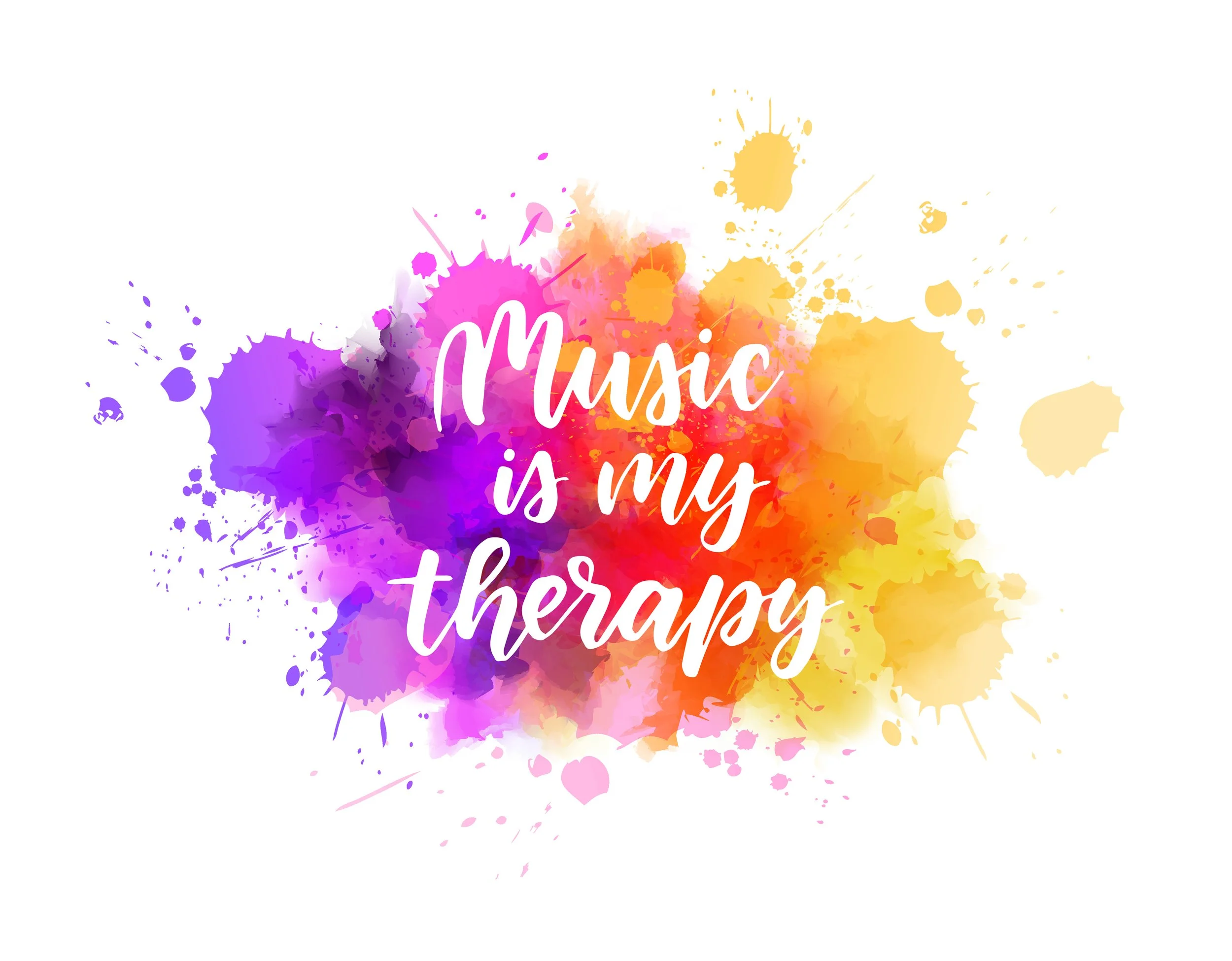Music as a Healing Modality
By Ashley Miers
Music's therapeutic potential extends beyond mere enjoyment, encompassing interventions specifically designed to address mental health challenges. Music therapy, a well-established field, involves the use of musical experiences to achieve therapeutic goals and enhance well-being. This can include activities such as songwriting, improvisation, or guided listening sessions.
Research suggests that music therapy can be effective in treating various mental health conditions, including depression, anxiety, and post-traumatic stress disorder. The rhythmic and melodic elements of music engage the brain in ways that verbal communication alone might not achieve. Neuroscientific studies have shown that music activates the reward system, releasing dopamine and promoting a sense of pleasure and emotional connection.
One particular aspect of music that I personally find to be particularly powerful is the myriad ways in which music promotes connection and integration. One example is that the rhythm of music can entrain two individuals to operate on the same frequency. Sensory motor patterns help calm and organize the nervous system, promote emotional attunement, establish “facial gazing” and “emotion sharing” (source). This can be particularly helpful for neurodivergent individuals (especially children), but the benefits of music extend to all types of people with all types of mental and emotional health challenges. When we are able to connect with others through music, that connection can assist with the cultivation of healthy attachment patterns and even promote co-regulation (where one person’s calm and regulated nervous system is able to help a distressed person calm and regulate their own nervous system).
If you’ve ever been afraid and someone put a reassuring hand on your shoulder, or gazed into your eyes and spoke a few comforting words, this is an example of how our nervous systems can be positively influenced and encouraged to regulate through presence and connection with a safe and supportive person.
Another example of how music can contribute to healthy coping and promote healing is in the power of lyrical identification. Listening to songs that tell a story we can relate to can help us to feel understood and alleviate loneliness and isolation. Singers and musical artists can become a beacon of hope to their listeners. And sometimes, hearing someone else talk about things that we may not be personally ready to reveal or express in our own lives can reduce shame and give us courage to voice our own experience when we do feel ready.
For those seeking to incorporate music into their mental health routines, exploring different genres and experimenting with creating personalized playlists can be a simple yet effective approach. The key is to find what resonates individually, as the therapeutic impact of music is highly subjective.

